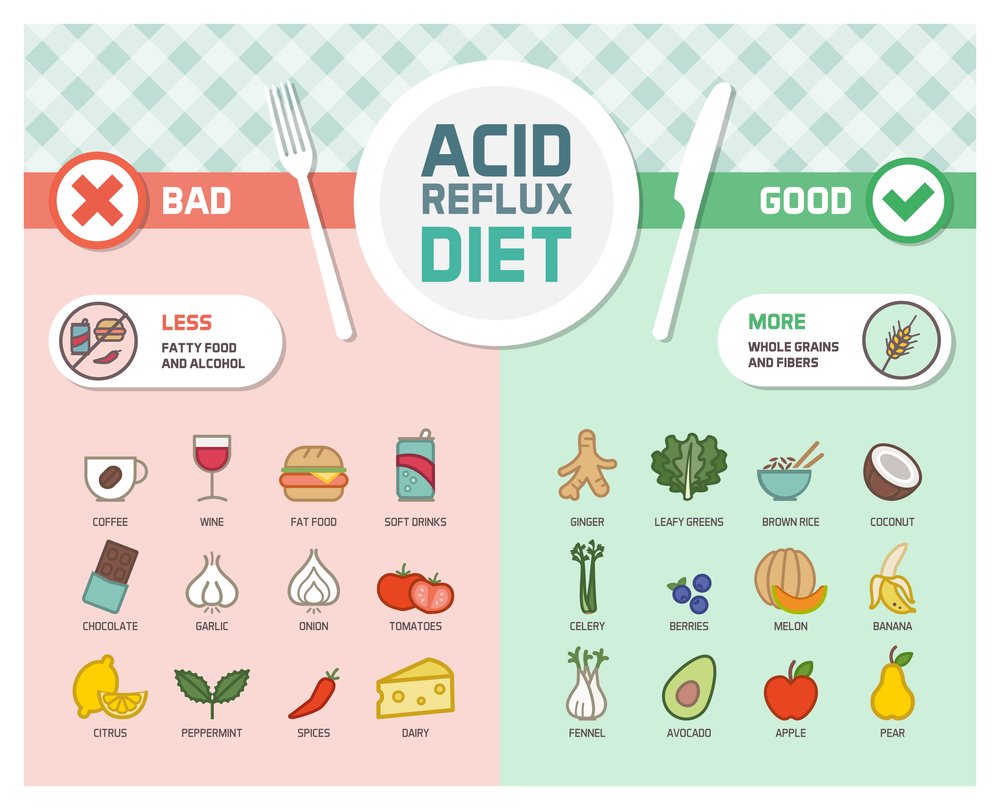What's On This Page?
ToggleMagnesium and CoQ10 canmprove leg cramps and that’s the focus of today’s article.
I’ll share information about wonderful supplements that can relieve your cramp-pain, AND the all-important ‘drug-nutrient’ depletion factor which can affect all of you. After you read this, you may want to share with loved ones so feel free to forward it.
Before I get into the leg cramp portion of this article, let me give you background on how drugs deplete nutrients. It comes in handy that I have over 30 years experienced as a licensed pharmacist (plus you can add my 6 years of schooling to get this license!).
Trust me when I tell you there is a lot of excellent research and ‘tight’ clinical trials to prove your medication has the ability to deplete essential minerals and vitamins from your body. The drugs ‘steal’ the nutrients in various different ways. This is scientifically termed the drug-nutrient depletion effect, but I’ve shortened it to the “drug mugging” effect, because the drugs are mugging you, even while you sleep.
If you have to take certain prescribed or over-the-counter medications, then nutrient restoration is critical or you will experience uncomfortable side effects. A failure to accept what I’m saying, or believe that “drug mugging” exists will cause you to get diagnosed with a “disease” you don’t have.
Then you will start taking unnecessary medications because you have this new diagnosis. You might have to get expensive lab tests or imaging tests. I’m confident thousands of you reading this today have been mistakenly diagnosed with a disease that you don’t have, simply because you are unaware of the biggest heist in history, the drug mugging effect.
I’m beyond passionate about this! I’ve been talking about it and educating consumers on the topic since 1999. (I wrote the book on it called Drug Muggers). Later on in this article, I’ll give you a good example of a popular drug category, the reflux drugs or “acid blockers” and these are sold over-the-counter, as well as by prescription.
Leg Cramps Usually Happen at Night
Leg cramps are an uncomfortable fact of life for many people. They tend to flare up at nighttime when, though you don’t need to function, your body DOES need to not function! (Get all that?)
The causes of leg cramps are many and varied, including “growing pains” in children, pregnancy, exercise, and use of common Drug Muggers such as statins like simvastatin (Zocor) and lovastatin (Mevacor) and others. It is not as much the drug doing it, it’s more like the drug is blocking your own production of CoQ10, and this deficiency negatively impacts your muscle. It’s indirect, but definitely associated.
For children and pregnant women struggling with leg cramps, as well as other sufferers, I recommend increasing intake of potassium from natural sources, such as bananas, white beans, and broccoli; and calcium which can be found in foods such as yogurt and dark, leafy greens.
Massage, warm bath soaks with or without Epsom salts, stretching, and yoga can also provide some measure of natural relief. (If you are pregnant, be sure to check with your doctor to confirm a healthy level of exercise.) It’s also important to stay hydrated, as dehydration can exacerbate leg cramps.
For people who have tried the above-mentioned solutions and are still experiencing pain, there is help. You may have heard me talk about CoQ10, ubiquinone or ubiquinol for leg cramps.
Every living cell in your body contains a form of CoQ10.
It’s essential for sustaining a wide range of healthy biological functions. Since the substance is so ubiquitous, it is also called “ubiquinone.” Statins and many other prescription drugs can block production of cholesterol in the liver, one of the most important places CoQ10 is made.
A deficiency of CoQ10 can cause leg cramps as well as a host of other conditions including liver damage, muscle weakness, memory loss, fatigue, shortness of breath, cardiac arrhythmias, heart attack, stroke and rhabdomyolysis (even if you have perfect cholesterol!).
The other prescription drugs that impact CoQ10 production include diabetes meds, estrogen hormones, antidepressants and blood pressure meds. If you are experiencing debilitating leg cramps or one of these other side effects, ask your doctor if your medication might be the cause via the “drug mugging” effect.
Keep in mind that supplement labels refer to CoQ10 by many names, including ubiquinone, ubiquinol and Coenzyme Q10. These are all the same nutrient, although quality differs greatly among brands. Synthetic versions, as well as brands derived from bacteria, may not work as well for you.
If you are over 30 years of age, have heart issues, reflux, or take a known drug mugger of CoQ10, I recommend about 100-200 mg daily. A complete list of medications that may rob your body of CoQ10 are listed in my book, “Drug Muggers” found here at amazon.
As a perk, there are other benefits to ubiquinol supplementation aside from how it helps with cramps. For example, it has been proven to enhance peak power production in trained athletes. A German study prior to theOlympics showed significant improvement in the performance of 100 well-trained athletes.
Again, ubiquinol and CoQ10 supplements might not be right for everyone, but if you suffer from leg cramps due to your prescription medication, and find that eating an extra banana here and there isn’t helping, it is worth at least asking your physician if a supplement might help to take away your pain.
Magnesium Impacts Leg Cramps
Earlier, I promised to tell you how magnesium impacts leg cramps. A deficiency will cause them as a matter of fact! And one of the biggest drug muggers of magnesium is that little pill you take for acid reflux or ulcers. You need added mineral support if you take those medications to suppress acid because when you suppress acid, you supress your ability to absorb magnesium, and again, this will lead to leg cramps, depression and more unwanted conditions.
Medications that suppress acid include H2 antagonists (famotidine, cimetidine and ranitidine) and simple antacids like Maalox for example. Those categories include every acid blocking drug sold by your local pharmacy. The strongest ones are the Proton Pump Inhibitors, or PPIs also sold at pharmacies (by prescription and also over-the-counter). The only difference is the dosage allowed, the higher dosage is sold by prescription only.
These PPI drugs steal the essential nutrient magnesium so fiercely that the FDA put a black box warning on these drugs to warn doctors about potentials (like fatal arrhythmias). Guess what, magnesium is needed to support healthy muscles and to reduce the contractions (cramping) associated with muscles. So leg cramps might be due to low magnesium, it’s something to be teased out.
Just FYI, coffee is a strong drug mugger of magnesium too. So if you take acid blockers and drink coffee, you’re probably deficient. You can take a serum or preferably “RBC” blood test to be sure of your mag status prior to supplementation.
Magnesium deficiency is associated with mental status changes like seizures, muscle spasms and cramps, arrhythmias in the heart, myocardial infarction, pancreatic difficulties, thyroid illness, hypoparathyroidism, and depression including suicidal depression. Today we know that kidneys are at risk from low mag too. You may be interested in one of my other articles on this topic, 10 Essential Tips For Optimal Thyroid Health: A 2024 Update.
Another article you might enjoy is about magnesium supplements – there are hundreds, maybe thousands of brands. Are you taking the right kind? Because most all of them just go through you, and work well for constipation, but not leg cramps! Shocking, I know!!! Read my article to find out which one to take for your needs: Are You Taking The Right Kind Of Magnesium? Pros And Cons Of 5 Popular Types.
Kidney Disease and PPIs
In February of 2016, a study published in JAMA found that the PPIs appear to significantly increase your chances of developing chronic kidney disease. True story, at least according to a study involving more than 250,000 people which should not be dismissed.
An estimated 15 million Americans take PPIs, which go by a variety of brand names, including Nexium, Prilosec, Aciphex and Prevacid. Generics are available too, such as “omeprazole” and “rabeprazole” and there are many others. What does this have to do with drug mugging, leg cramps and YOU?
Acid blockers block acid, that’s their job. When acid goes down in your stomach, your gastric pH rises. You get more alkaline in your stomach. But remember, you are born with stomach acid for a reason. It’s not the bad guy, you were given acid so you can digest food, and vitamins and medications. Acid breaks food down into microscopic particles so your intestines can then handle the food globs.
When you take acid blockers, you completely stop the healthy ability that humans have to actually digest eaten food and absorb nutrients. You can’t break food down all the way. Common sense right?
The problem is that the human body runs on nutrients! Your muscles run on minerals and vitamins that make them run properly, and a deficiency of certain nutrients causes leg cramps.
Drugs are fine by me temporarily, they help you ‘get the job done’ as they say. So always make intelligent and informed decisions that are right for you and don’t just pop pills without researching them. And I’m telling you, our bodies have hundreds of thousands of metabolic and hormonal chemical reactions that run on natural nutrients.
We are super complex.
All of these reactions require a nutrient or cofactor of some sort, or a natural enzyme. It can be vitamin B6, B12, biotin, folate (not synthetic folic acid), magnesium, selenium, iodine, catalase, superoxide dismutase (SOD), glutathione, vitamin C, E, D and dozens more.
Iron and potassium as well as calcium are crucial for muscle health. It’s vitamins and minerals that directly, or indirectly (through production of dopamine and other hormones) protect your muscles and keep them from cramping. It’s vitamins and minerals that stop those Charley Horses from occurring.
It’s vitamins and minerals that could help reduce some of that nerve pain. It’s drug muggers that steal the vitamins and minerals. This isn’t rocket science. It’s well-documented, I’m just frustrated your physician probably forgot to inform you of this before writing a prescription out for one of those fancy shmancy Restless Legs Syndrome drugs!
Sure, it might help with “motor” symptoms, but it’s not a cure. Restoring nutrients might be a cure though. If you’d like to learn about Restless Legs Syndrome and/or Akathisias, read my article, Akathisias Make You Want to Jump Out of Your Skin.

More on Acid blockers and PPIs.
They alter the pH in your stomach, so you can no longer absorb or activate folate and B12. They suppress magnesium absorption. Deficiencies of these may cause or contribute to nerve tingling or numbness, muscle weakness, leg cramps, confusion, memory loss, depression, cardiac palpitations and fatigue.
If you have a methylation SNP, then it’s a one-two punch! You’re genetically prone to deficiencies if the SNP is expressing AND you’re taking drugs to block intestinal absorption. Did I just shine a flash light on something for you? I would try to control the heartburn or reflux through diet if I had a methylation SNP. For more on how, Medication Messes Up Your Methylation, CLICK HERE.
If you have leg cramps, look at your medication closely (you can use my search box for free, or refer to my Drug Muggers) where I tell people about all of offenders including the acid blockers, raloxifene, estrogen-containing drugs like birth control or hormone replacement, HCTZ, Furosemide and many others. These drugs might be at the heart of your leg cramps via nutrient deficiency.

Suzy Cohen, has been a licensed pharmacist for over 30 years and believes the best approach to chronic illness is a combination of natural medicine and conventional. She founded her own dietary supplement company specializing in custom-formulas, some of which have patents. With a special focus on functional medicine, thyroid health and drug nutrient depletion, Suzy is the author of several related books including Thyroid Healthy, Drug Muggers, Diabetes Without Drugs, and a nationally syndicated column.




